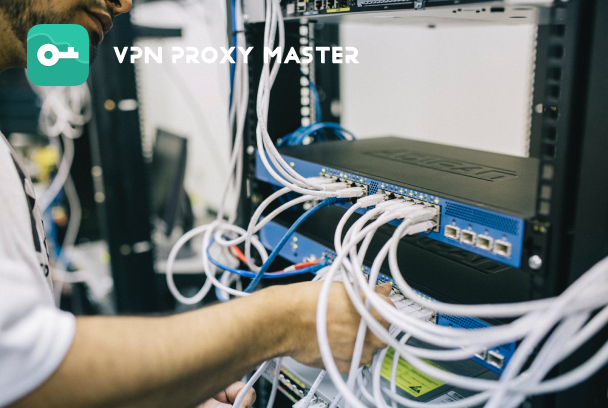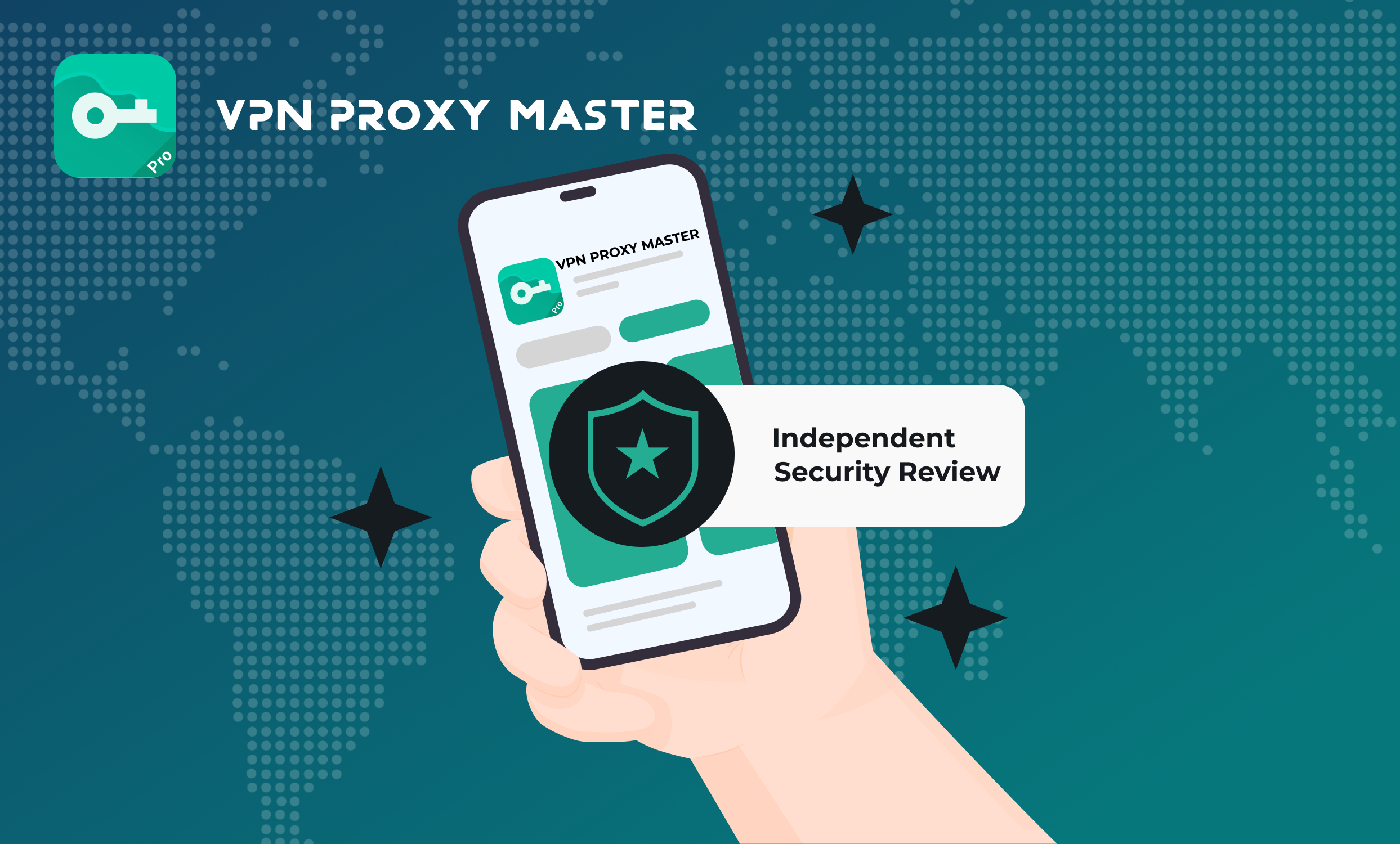
Cloud storage space regularly becoming a problem for you. Since when has your desktop computer been stuttering to a stop? As a result of the COVID 19 epidemic, you may no longer be able to work face-to-face. It’s possible that a home server can solve any or all these issues.
For individuals who lack the technical know-how to run their own server at home, it may appear to be a costly and difficult endeavor. However, establishing a private network server is inexpensive and requires just a basic understanding of computer technology.
What is a Home Server?
It’s possible to have a computer in your house that acts as a service provider for other electronic devices. It is not necessary for home servers to be as sophisticated as business servers since they operate a smaller number of devices. As a result, personal computers and laptops are frequently repurposed as home servers, but some individuals prefer to purchase servers that have already been set up for home use.
Simple personal computers with adequate storage, sufficient RAM, and a network connection can be used to accomplish this. Most of the time, home servers are used for media storage.
Do You Need it?
The answer is yes. Setting up a home server comes with its own benefits which you never want to miss out on.
If you’re forced to work from home due to the epidemic, a home server can be a godsend in terms of convenience. It can be utilized for a variety of purposes, including data storage and management, gaming, load balancing, and web hosting.
Because of concerns about their personal information and security, some consumers are wary of storing their digital media in the cloud. For some people, cloud services can’t meet their specific needs for their home network.
Things You Can Do with a Home Server?
Keep your private information safe.
You have complete control over who has access to the data on the server’s hard drive. Sharing files between family members might be made easier by limiting this to PCs on your home network. Large files will benefit the most from the increased speed.
Make Your Own VPN
Using a virtual private network (VPN) allows you to access the web safely from any location if you can trust your home Internet service provider. Your traffic, on the other hand, will not be mixed with anyone else’s, which means that some of the privacy advantages of a commercial VPN will not be available to you.
Create Personal Website
Are you considering creating a blog? It is possible to host your website on your own computer if you want absolute control over the activities of your website and do not want to subscribe to a hosting provider. With a certain level of traffic, your old pc can function approximately the same as a hosting service, even though it won't manage millions of users.
Run a Tor Node
You can establish your Tor node as either a relay or an exit node, based on your support and co - operation to the Tor network and the acceptability of it in your home region. As an exit node, you allow others to utilize your home network to access the internet as if it were theirs. It allows them to remain anonymous. You are providing bandwidth to the network if it is only a relay, but all communication in and out of your home is encrypted.
Playing Games Online
There are a few online multiplayer games that allow participants to host games on their own home servers using specialized server software. Higher efficiency and stability can be achieved by using this. In addition, you’ll be able to tweak your gameplay to your heart’s content.
Run a Lightning Node
You may greatly speed up and minimize the cost of your tiny Bitcoin transactions by using a Lightning node. As with Bitcoin, you’ll need a Lightning node, but you won’t need a lot of storage or computer power for it. This node, along with a slew of others, can be hidden behind Tor.
Set up Web Proxy
A home server proxy can be set up in the same way as a web hosting account. Proxy servers act as a bridge between your computer and the web. Setting up, installing, and opening the proper ports for your proxy is easy thanks to a variety of tools and internet tutorials.
Automatic Data Backup
The use of a home backup server might be a fantastic solution for ensuring the safety of your information.
It is critical to creating a backup of all your data. All it takes is one click on a malicious site to erase all your valuable information.
How Much Does a Home Server Cost?
The cost of a home server does not have to be prohibitive. Because it does not necessitate a keyboard, desktop, or mouse, it is less expensive than purchasing a completely new computer. For free, you can use an old computer that you no longer use if it’s the right fit for what you’re looking to do.
Alternatively, you can build your own home server from the ground up using parts that you find on the cheap. All in all, it can cost anything from a few dollars to a few hundred dollars, based on how robust you want it to be and if you already have an old computer to re-modify.
Set up a Home Server in a Few Steps
The procedure for establishing your home server will vary depending on your unique requirements, but in general, the following steps will be required:
Get the necessary Hardware
You can utilize an old PC or Mac that's still functional as a server, so there's no reason not to. The SSD or HDD, fan, and RAM may need to be replaced if it is too old, to begin with.
For those who prefer to start from scratch, there are numerous low-cost options for purchasing a home server. Alternatively, pre-configured servers for home use are available from a variety of vendors, including Lenovo, Dell, HP, and NAS. Choosing one of these can save you time and effort in the process that follows.
In addition to the server, you'll need a router. Regardless of whether it has Wi-Fi capabilities, you should always use Ethernet connections for maximum reliability.
Of course, even if the server is up and running, you'll still need a working monitor and keyboard to complete the setup.
Update or Install the Operating System
Installing an operating system isn’t necessary if you bought a new home server with an operating system already installed you just need to upgrade to the latest version.
However, if you’re looking to repurpose an old computer, you’ll probably want to go with Debian, Linux, or Ubuntu as your operating system of choice. Unraid, FreeNAS, and Amahi are also popular home server operating systems.
The appropriate operating system for your server depends largely on the type of operations you intend to do on it. Family members could favor FreeNAS, while gamers would prefer Unraid. As a file manager, streaming portal, and even a remote management solution for your IoT devices, Ubuntu is the most adaptable.
Configure Your Home Server
As soon as you've got your operating system up and running, you may begin serving requests. Depending on the intended use, this procedure will take on a different appearance. When it comes to your home server, you don't have to make a long-term commitment – you may change, upgrade, and reconfigure your software at any moment.
Configuration, on the other hand, typically entails getting into the server and running commands from there.
A Home Server or Cloud Storage: which one is Better?
Some people ask if setting up their own server is better than storing all their data in the cloud. Consider the following:
Privacy
"Your privacy is only with you," as the saying goes, and therefore it is up to you to keep an eye out for your own safety. You have no idea how or by whom your data will be held on the cloud. With a server, you're in charge of your data and can choose who you share it with.
Security
Security is your responsibility when you run a server, and it's up to you to ensure that your data is safe. You are, however, entrusting your data's security to a third party when you use a cloud service.
Speed
Your server's performance can vary significantly based on the hardware you're using. Using a cloud service, however, is a different scenario because your internet connection has a significant impact on your speed.
Risk
Natural disasters could cause your server to fail, resulting in the loss of all of your data. You must use cloud storage if you want to back up your information like a pro.
Setting up a home server is straightforward, relatively inexpensive, and a terrific learning experience all at the same time. If you do a little study and put in a little effort, you can transform your home network into a data hub for your family and friends.
Conclusion
It’s no doubt that you have stayed with us this far because you need to upgrade your security and privacy online. As you set up a home server to ensure you privacy and keeping your files safe, you also need to be conscious of your Internet Service Provider.
The only privacy you can trust is the one in your own hands. That is why is VPN Proxy Master here to give you your privacy into your own hands.
Your ISP will not be able to see the websites you visit if you use a VPN. All connections to the websites you browse are entirely secret. A VPN encrypts and masks all your internet traffic so that your ISP does not know where you are browsing. Your ISP can only see when you connect to a VPN server’s IP address and how much bandwidth you use.
VPN Proxy Master is available on Windows, macOS, Android, iOS, Google Chrome, Smart TVs, and more. It‘s about time to subscribe to VPN Proxy Master for your digital privacy.















